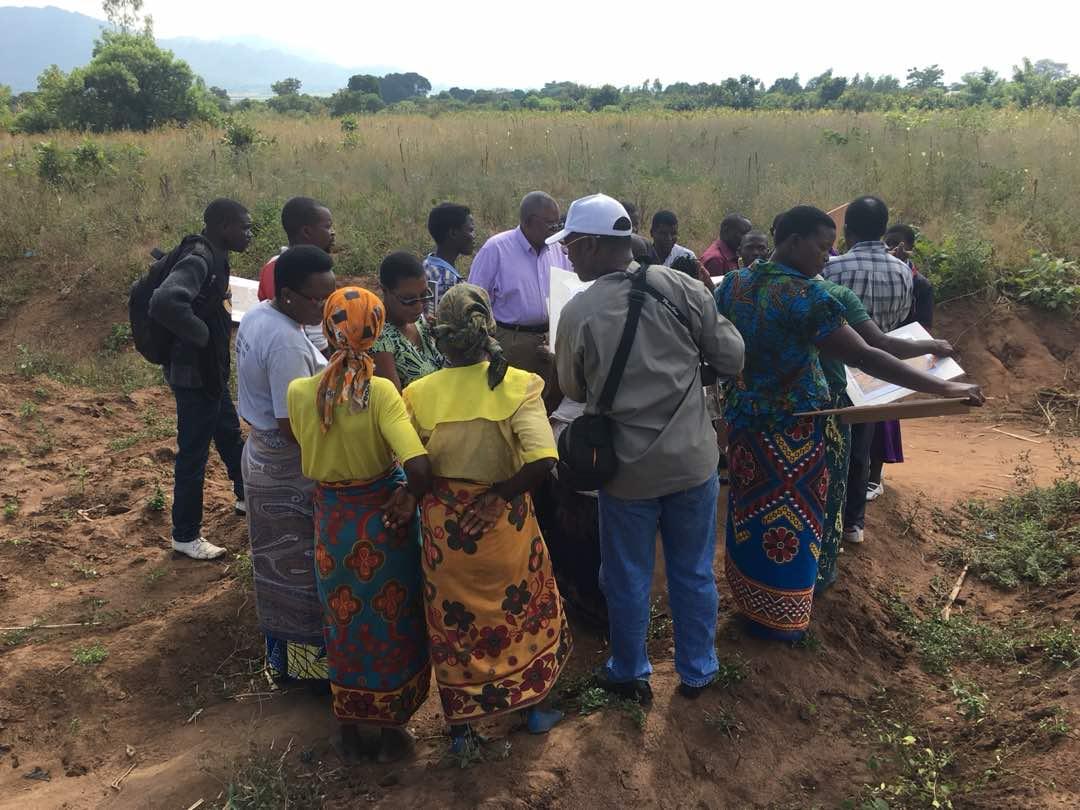Women Leaders in the rural community of Malawi

As a female leader of her community, Senior Chief Nazombe recalls countless land conflicts she has had to arbitrate, particularly where boundaries are not clear and there are no formal documents to support the claims of ownership. Conflicts eroded the community’s social fabric and resulted in disputed land not being put to use. Senior Chief and her community have received support from the EU funded project “Strengthening Land Governance Systems for Small Holder Farmers in Malawi” , in partnership with Oxfam, Centre for Environmental Policy and Advocacy (CEPA) and the Ministry of Land.
"The Project could not have come at a better time to help put order to the management of customary land in Maoni," says Senior Chief Nazombe. She continues: “I now have materials to refer to in understanding the land laws of the country and how they affect our own systems in my village. My committees have been doing everything related to land, but now this project has taught us to structure the process. We now have Customary Land Committees, a Customary Land Tribunal and members who mobilise the community and those who adjudicate land boundaries. This is a key benefit from this project. My people can now get on with the business of improving their land and lives and not waste time in quarrels that never end”.
Mrs Joyce Nkhata is one of Maoni resident. The project has helped her and her family bring to an end to a seven-year conflict with her neighbours, over the land boundaries. Joyce says: “Knowing the boundaries of our family land has brought peace in my family and with my neighbours. With peace of mind, one can now focus on developing the land and make it productive. I now have big plans for my 4 children and husband on our 540 square metre land now that I know its true size.”
Joyce represents so many rural women in Malawi’s communities. Agriculture is the most important source of employment for them and any conflict on their lands means they cannot effectively fulfil their fundamental role in all stages of the food cycle. Through land demarcation and registration, the EU empowers rural women and secures their livelihood and that of their families.





